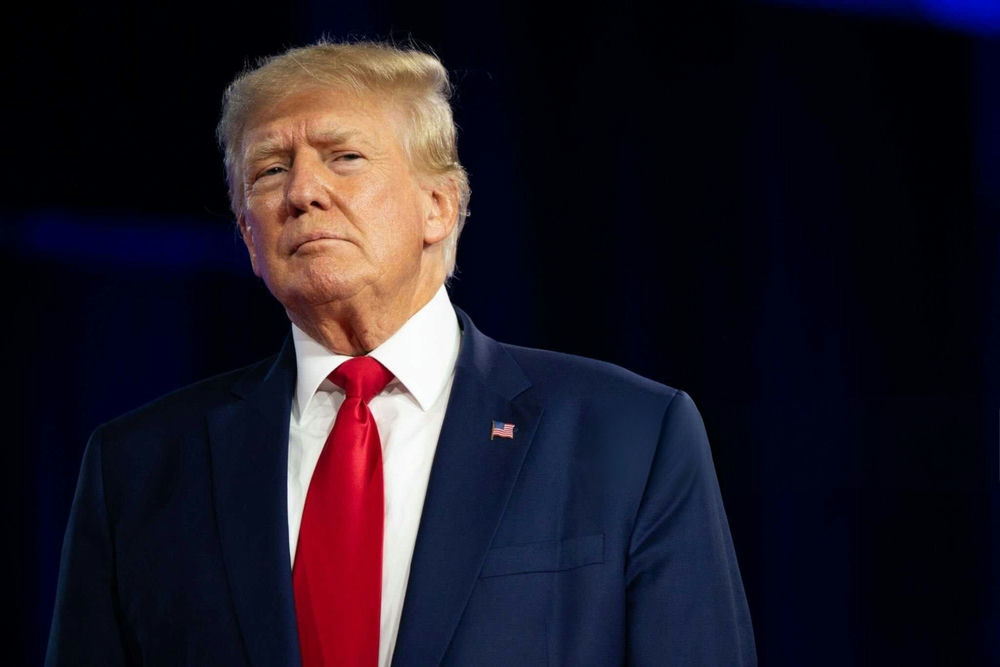A new wave of celebrity commentary threatens to undermine political discourse, reigniting debates over artistic freedom and political expression.
Musician Solidarity and Political Speech
John Fogerty, renowned frontman of Creedence Clearwater Revival, publicly praised Bruce Springsteen for his outspoken criticism of President Trump during Springsteen’s European tour in May 2025. In a Rolling Stone interview, Fogerty lauded Springsteen for “sticking up for his values” and criticized Trump’s decision to target Springsteen publicly. This exchange has brought renewed attention to the role of musicians in political discourse, highlighting the tensions between artistic expression and political authority.
Background of Artist-Politician Disputes
The clash between Springsteen and Trump is part of a long-standing pattern where artists oppose the unauthorized use of their music at political events. Notably, Springsteen has previously objected to Trump’s use of “Born in the U.S.A.” at rallies, while Fogerty issued a cease-and-desist in 2020 over “Fortunate Son.” These actions underscore a broader trend of artists asserting control over their work and speaking out against political figures whose policies they oppose.
Springsteen’s 2025 tour provided a platform for his political commentary, where he described Trump’s administration as “corrupt” during a concert in Manchester. His remarks were not only a continuation of his past political activism but also a catalyst for Trump’s response on Truth Social, which added fuel to the already heated public discourse.
Impact on Public Discourse and Political Campaigns
Fogerty’s endorsement of Springsteen’s statements and his critique of Trump’s response have significant implications for public discourse. Artists like Springsteen wield considerable influence, and their political commentary can mobilize fan communities and potentially impact voter engagement. Trump’s reaction has kept the story in the media spotlight, exacerbating partisan divides and reinforcing the cycle of celebrity political speech and political rebuttal.
The long-term effects of such interactions may involve more artists taking preemptive steps to clarify their music’s political uses, continuing to use their platforms for political critiques. As campaigns navigate these disputes, the music industry may further formalize responses to unauthorized political usage, influencing both artist branding and audience expectations.
Rock legend praises Bruce Springsteen for ‘not being afraid’ to slam Trump on stage https://t.co/GhesDLTe2N
— Fox News (@FoxNews) August 12, 2025
Sources:
Fox News: Rock legend praises Bruce Springsteen for ‘not being afraid’ to slam Trump on stage
Wikipedia: Musicians who oppose Donald Trump’s use of their music
AOL: Rock legend makes bold statement
Economic Times: Bruce Springsteen in Donald Trump’s crosshairs
“`

